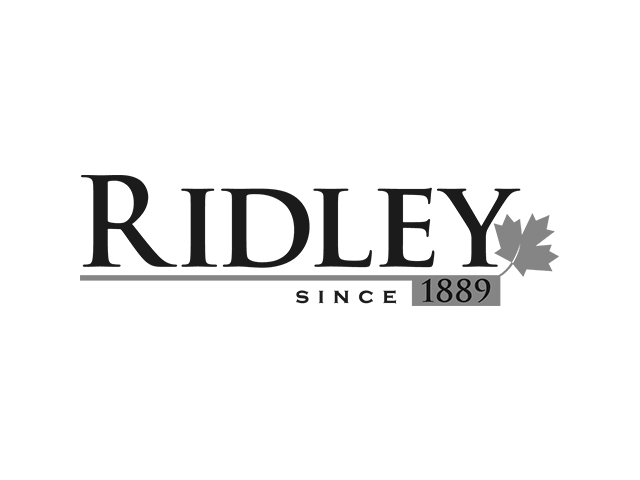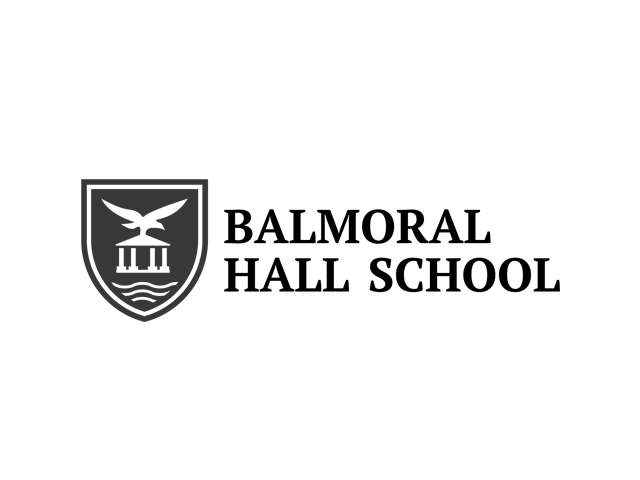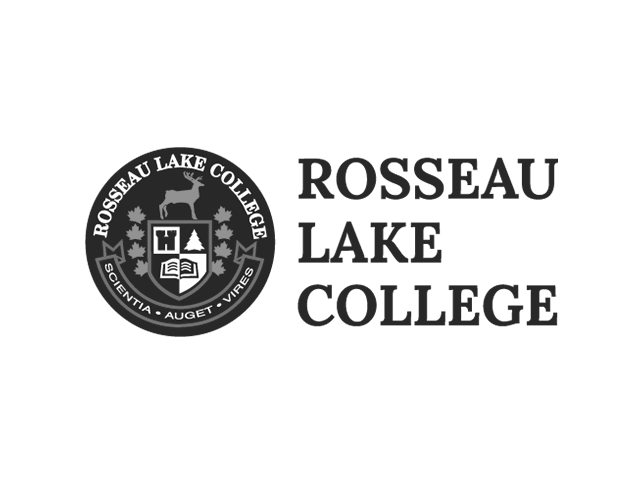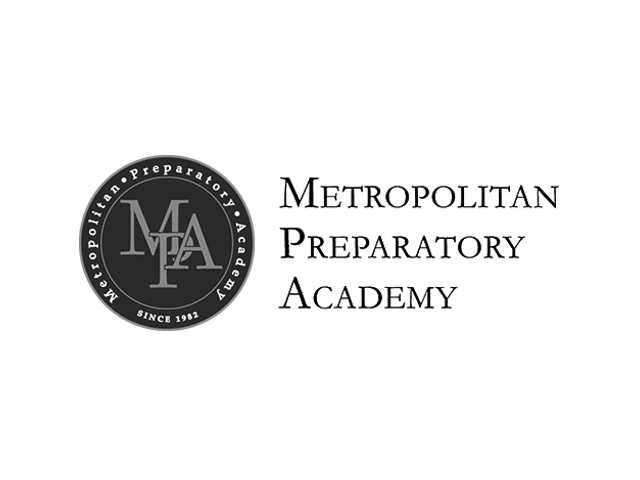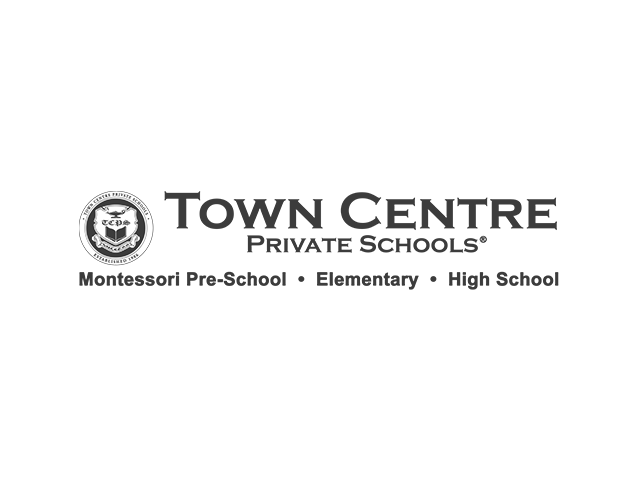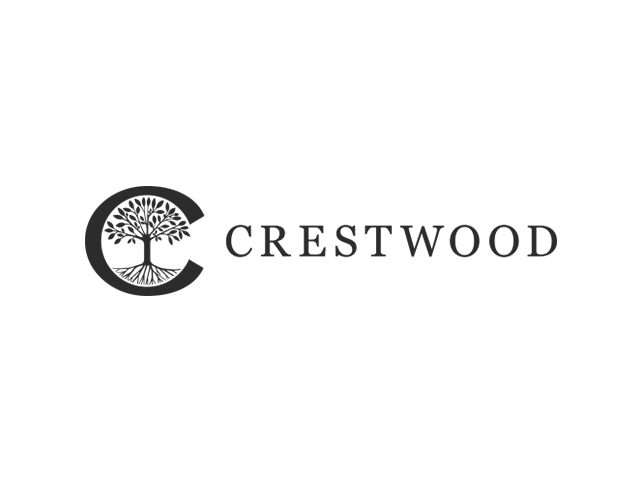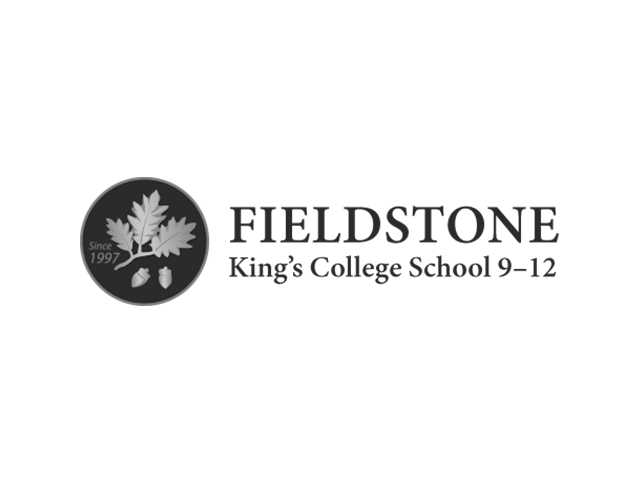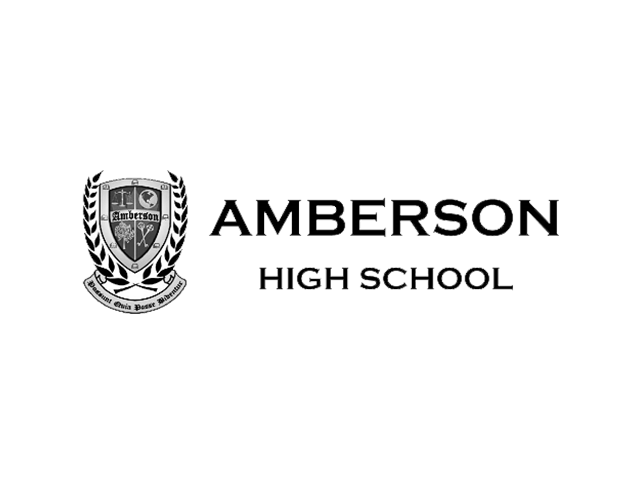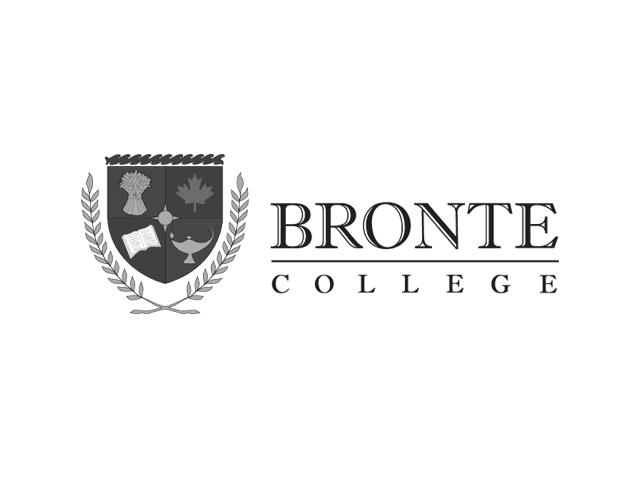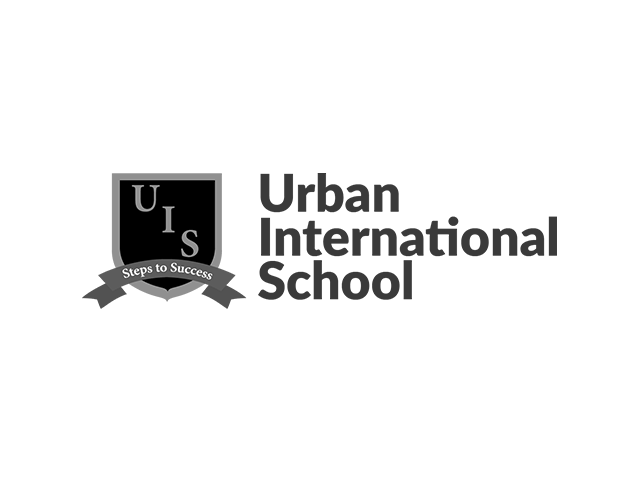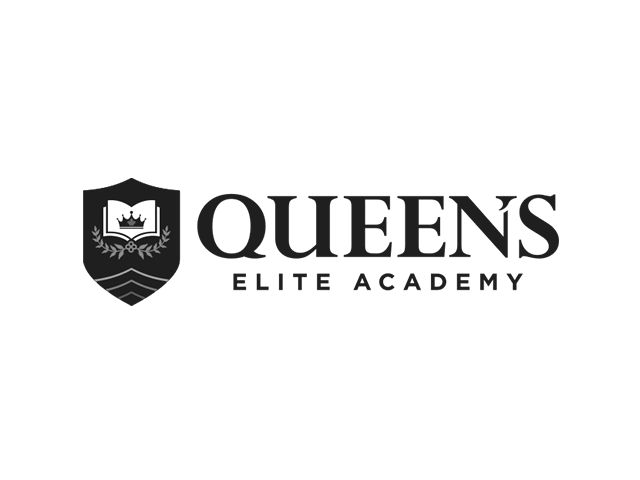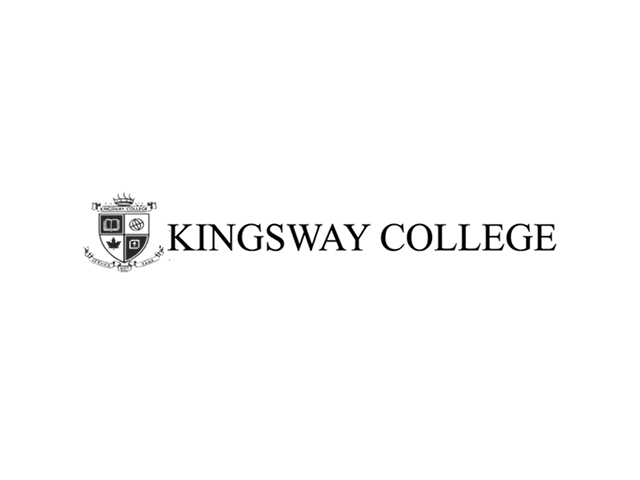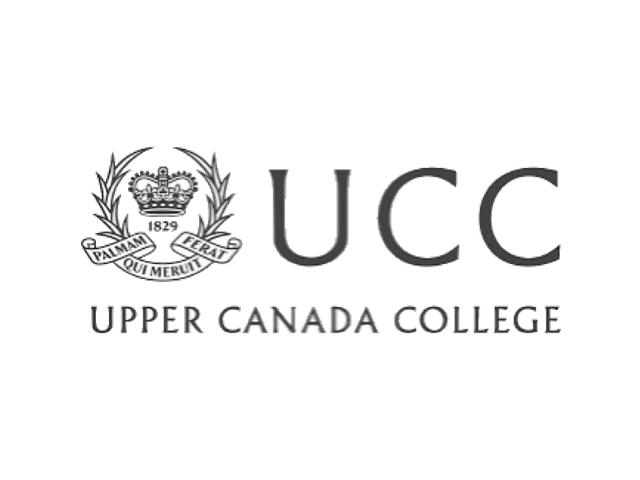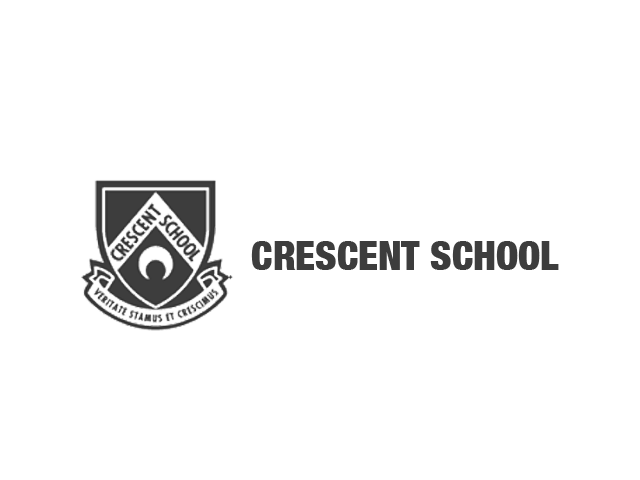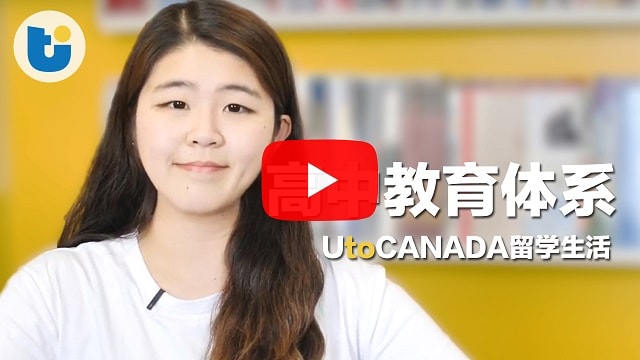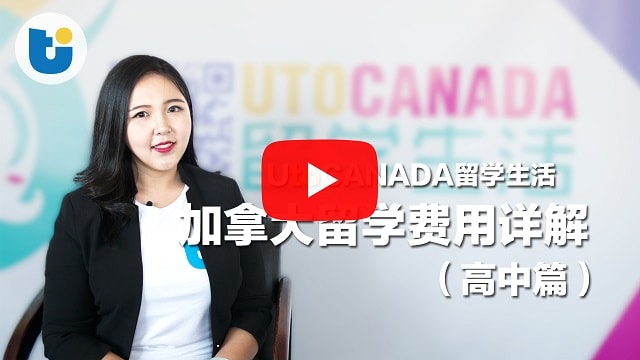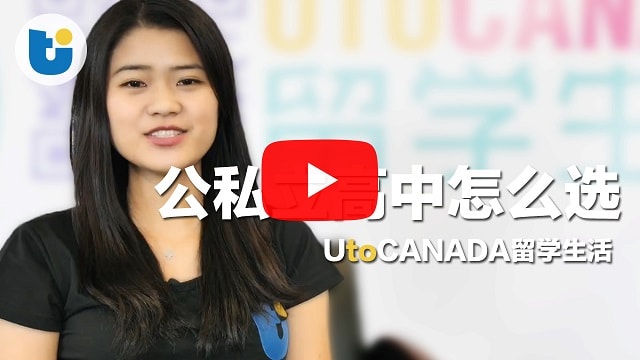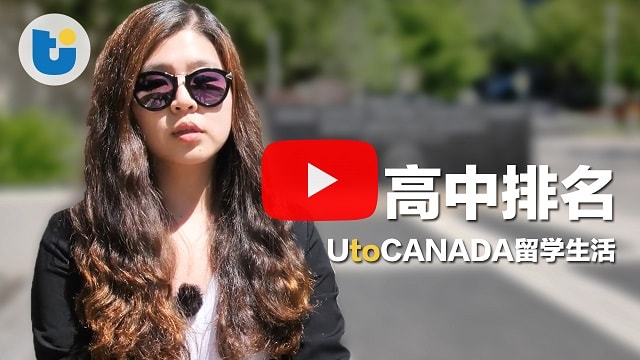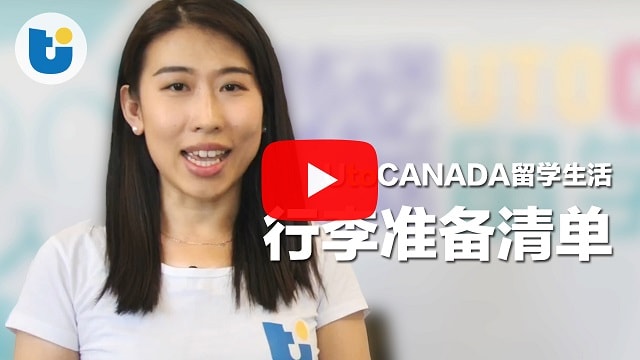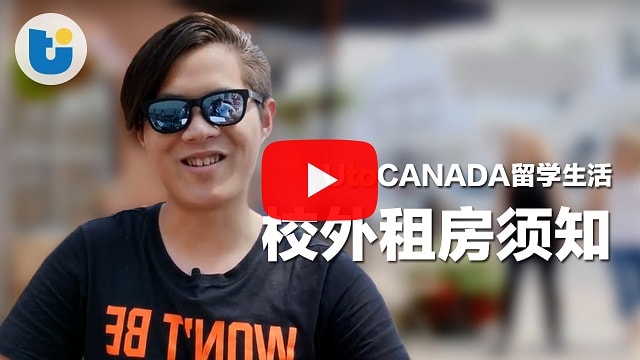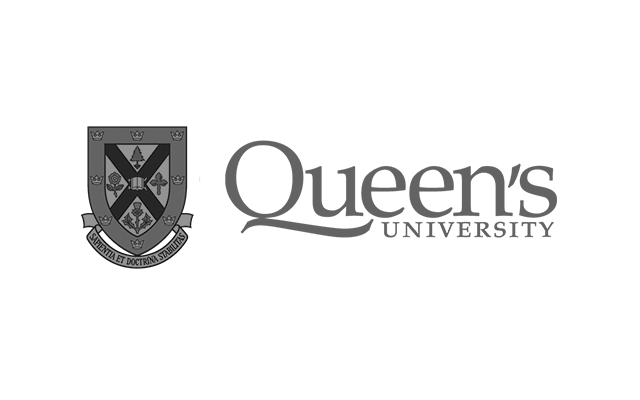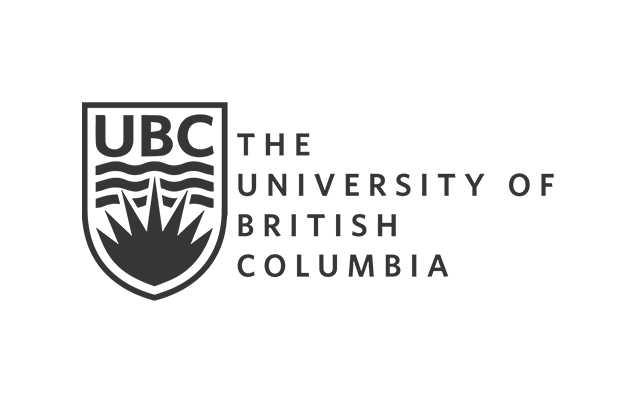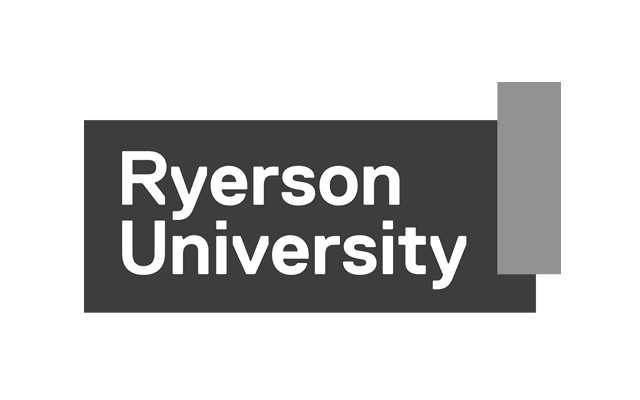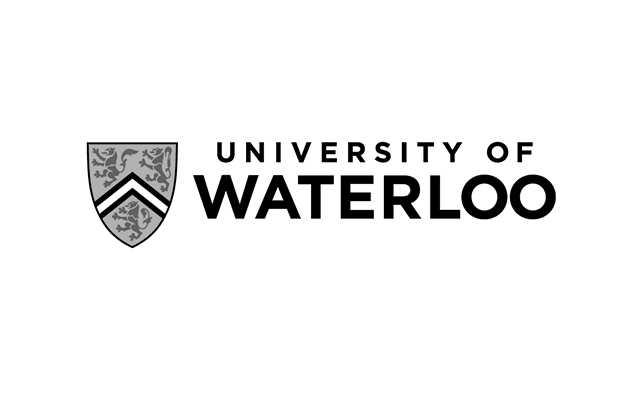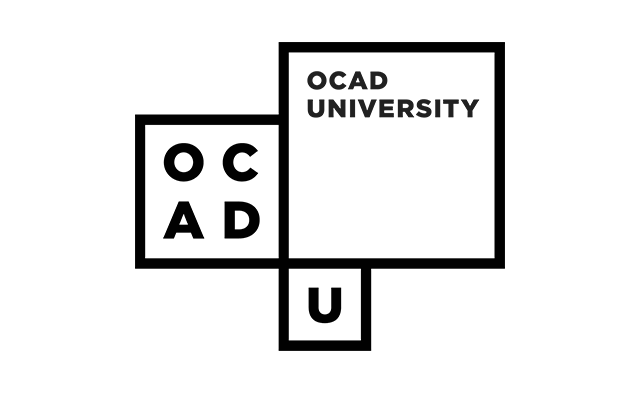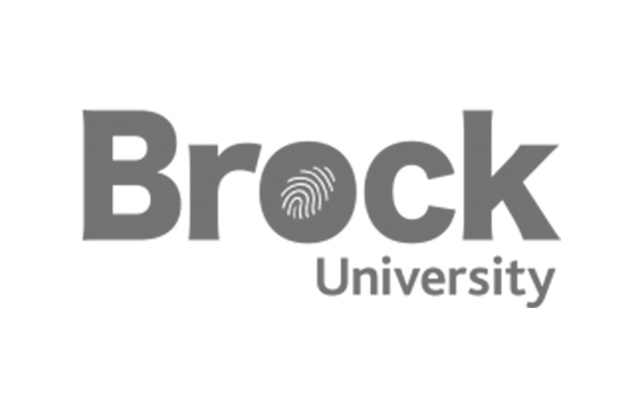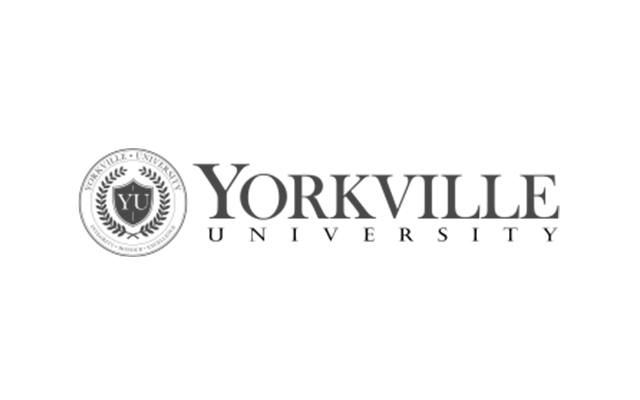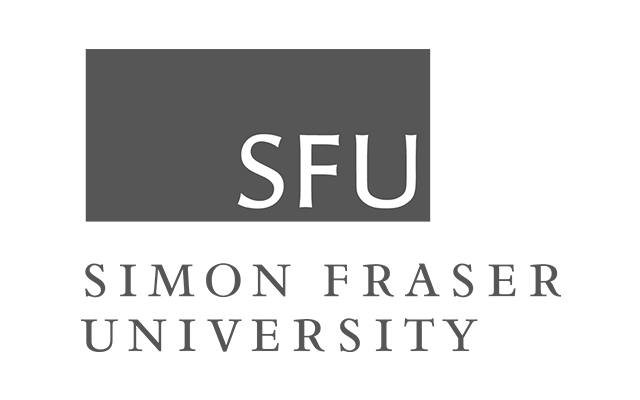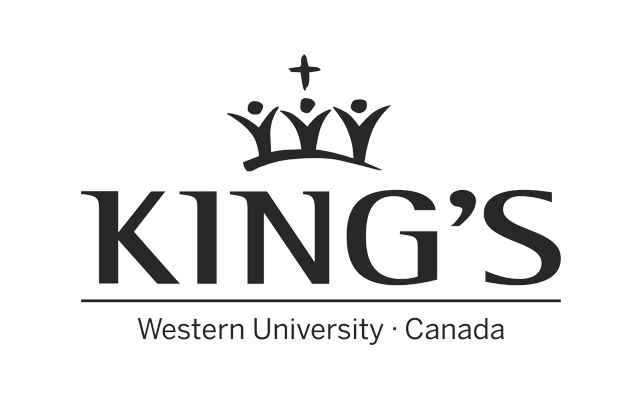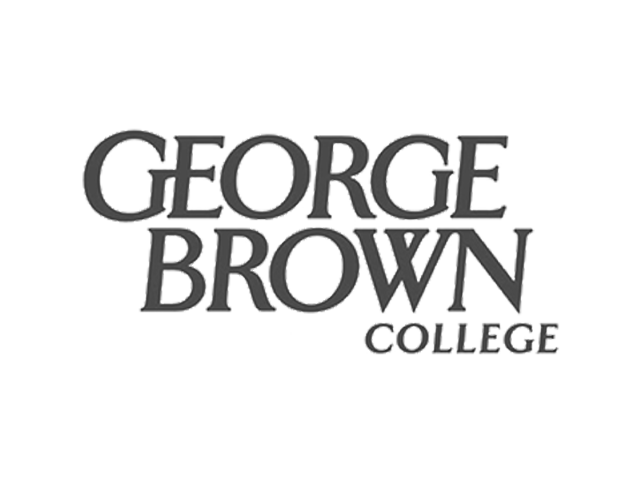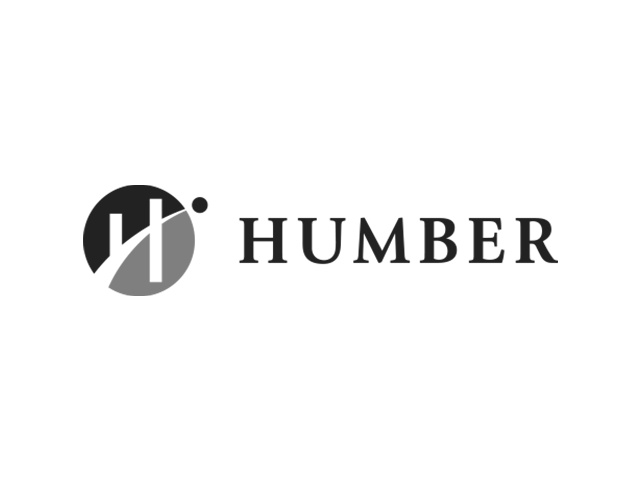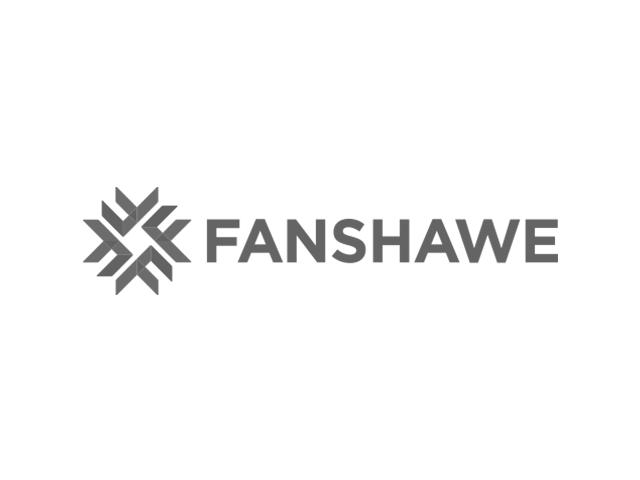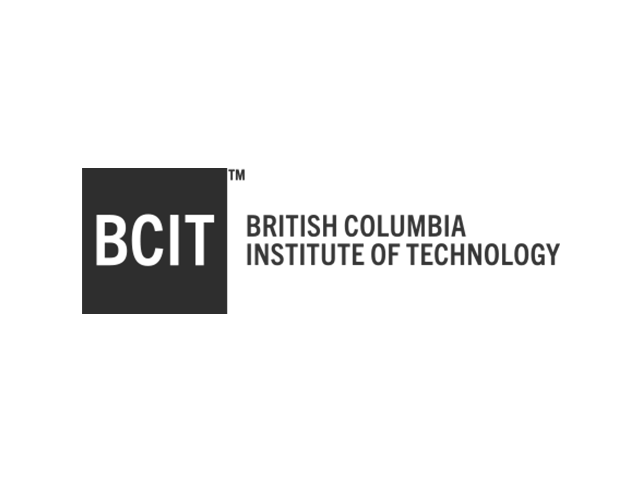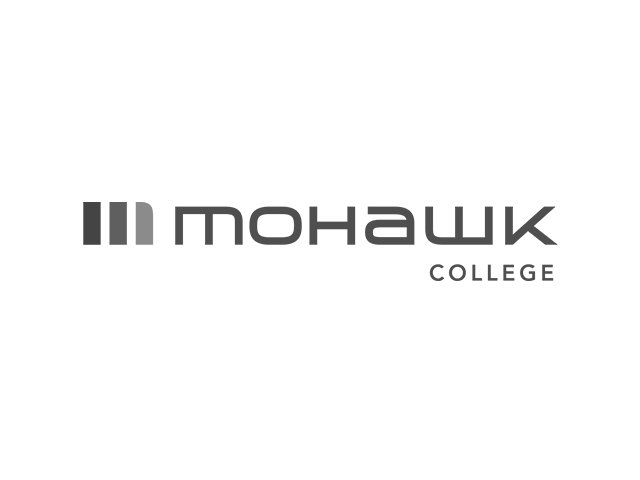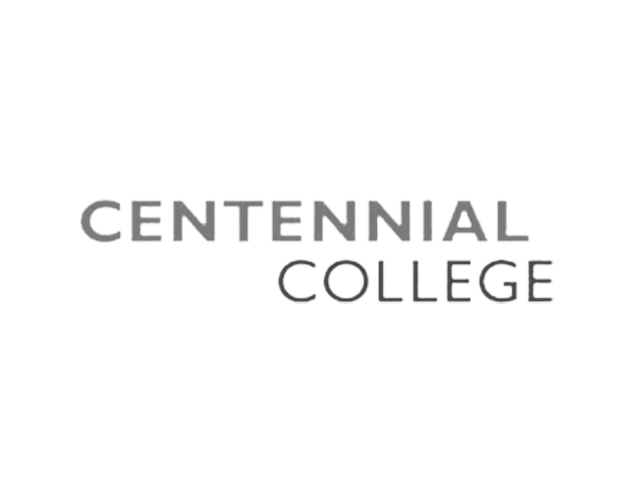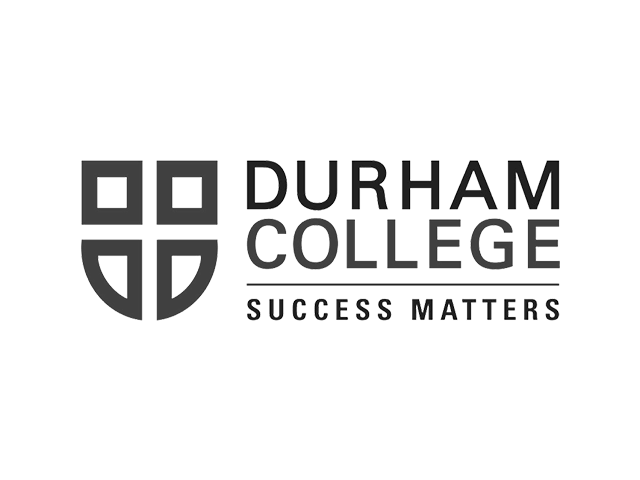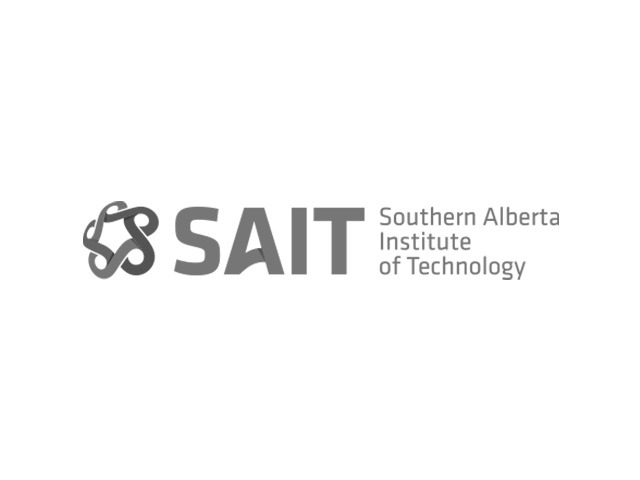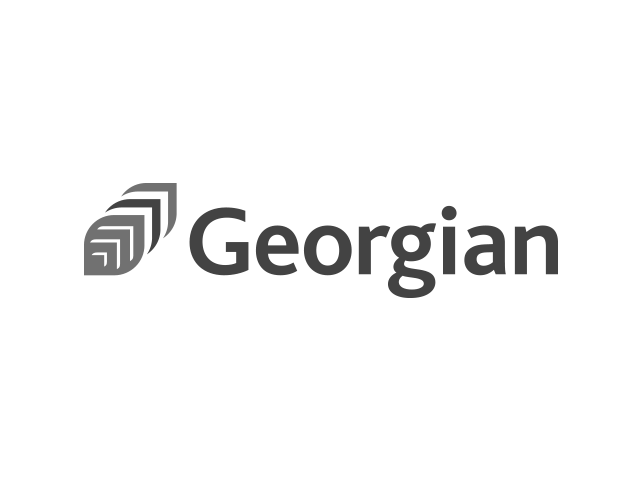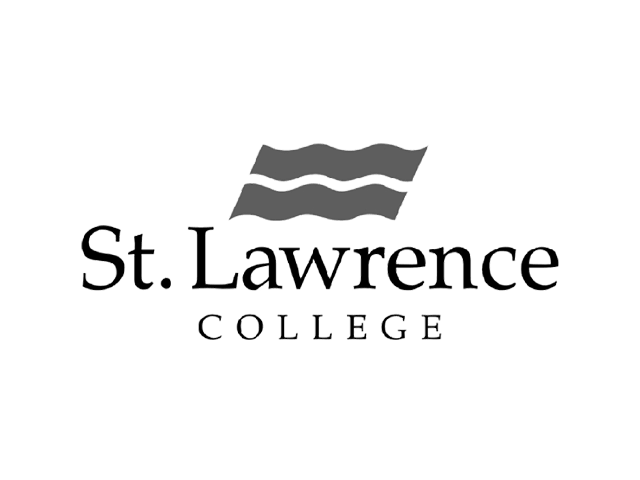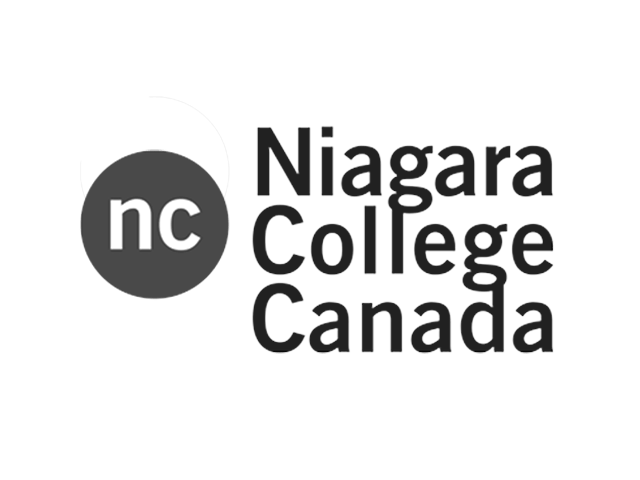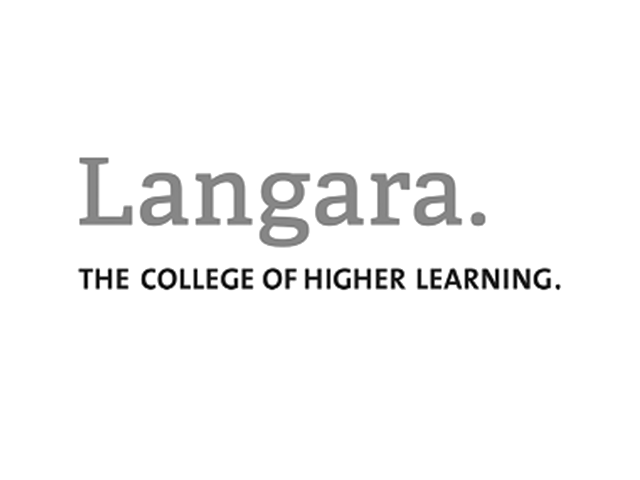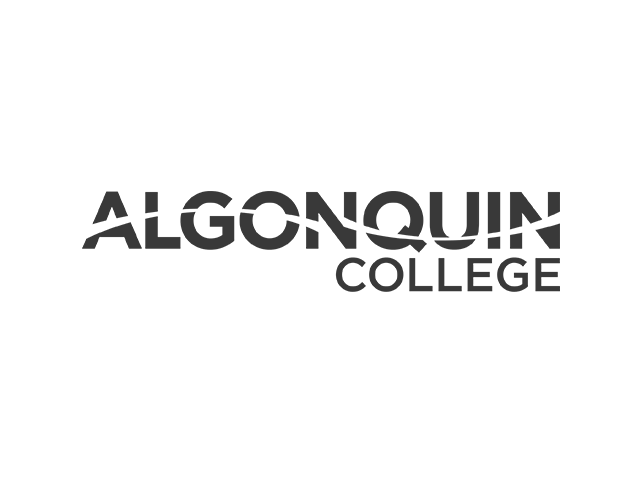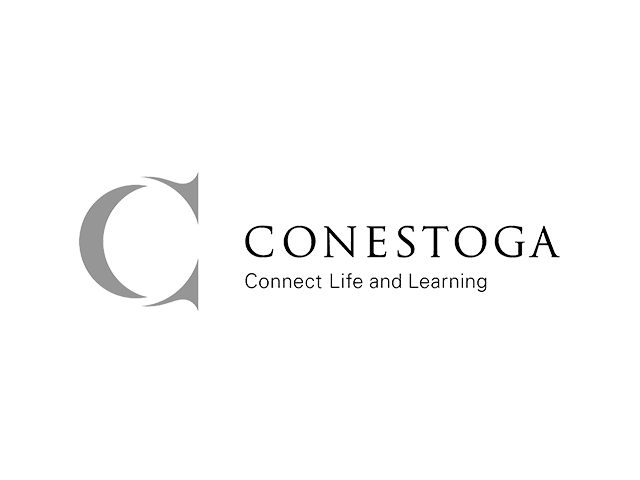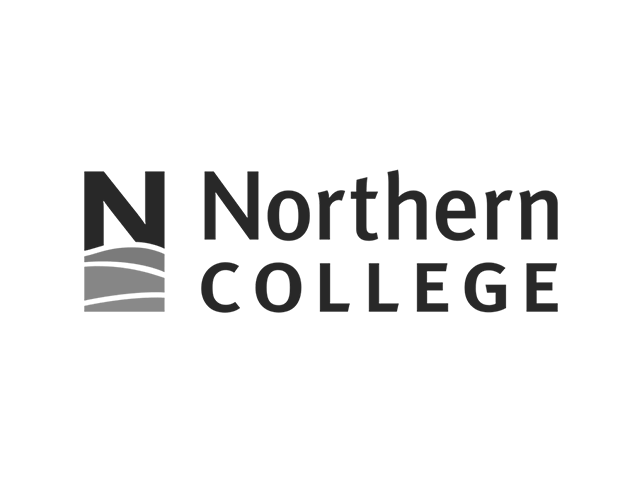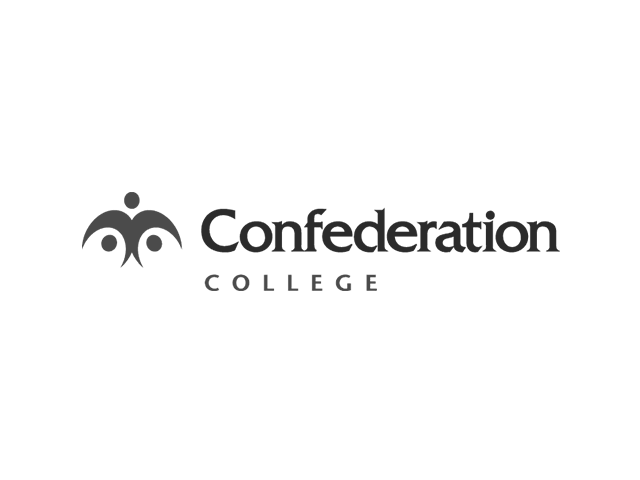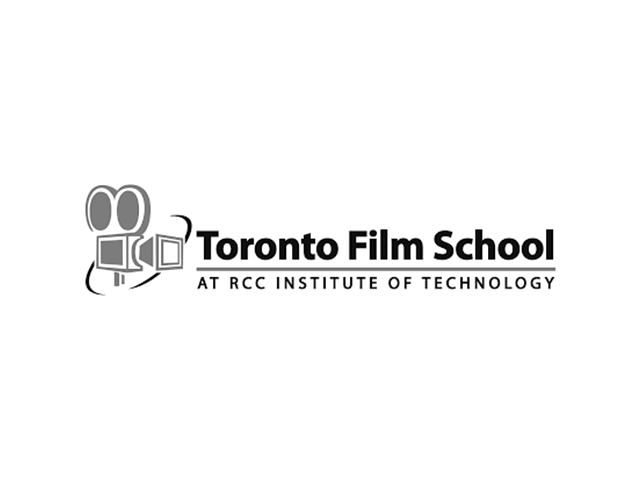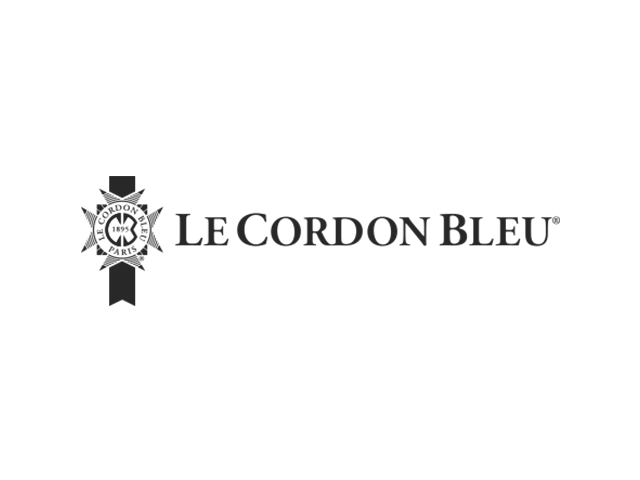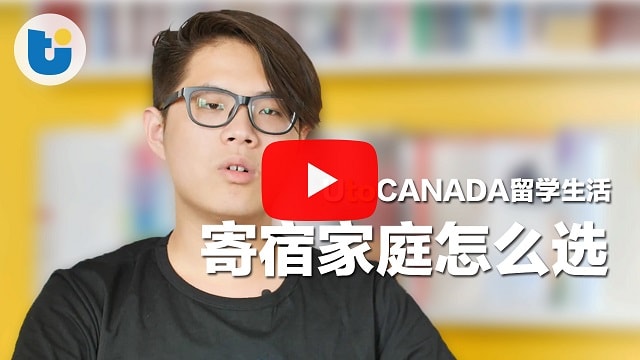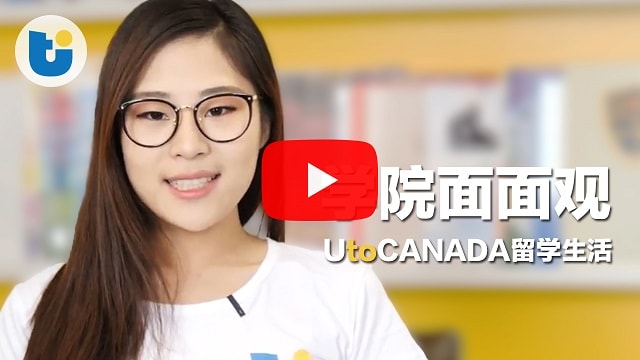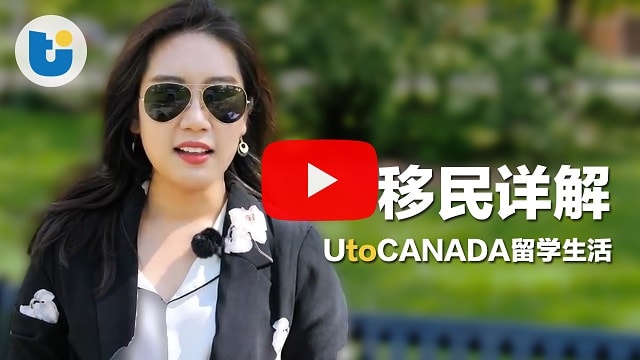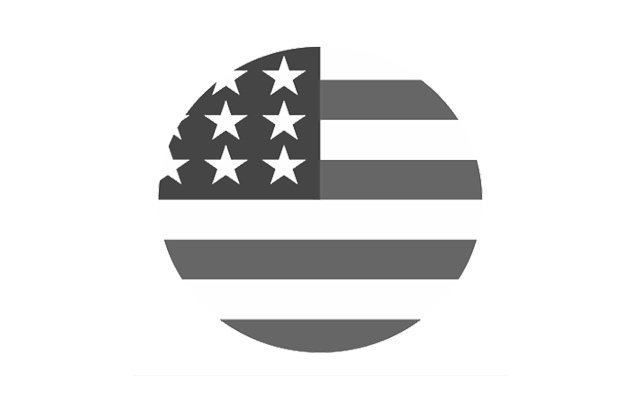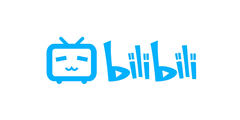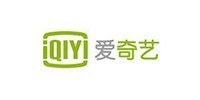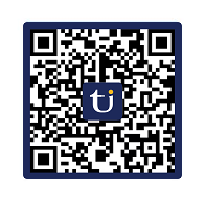服务导航
Inland Visa Application
Student Visa | Getting a Work Permit | Temporary Residence Visa, US Visa, Visitor VisaCanadian Visa
Student Visa | Getting a Work Permit | Temporary Residence Visa, US Visa, Visitor Visa
加拿大院校申请即时资讯
热门专业推荐!范莎学院 Fanshawe College | 保险专业
zhang, yvonne2022-10-05T01:13:32-04:00November 26th, 2021|College|
保险行业作为金融行业中的重要组成部分,已经融入现代社会生活的方方面面。无论是交通出行,还是医疗健康,人们在日常生活中已经离不开保险这一行业。
热门专业!乔治布朗学院 GBC | G418 网页开发—前端设计
zhang, yvonne2022-10-05T01:13:57-04:00November 2nd, 2021|College|
网页开发—前端设计是为期 3 学期/1 年 的研究生证书课程。该专业帮助您将概念和想法转换为具备视觉及功能性的界面、网站、应用程序或系统。
热门专业!乔治布朗学院 GBC | G113 交互设计
zhang, yvonne2022-10-05T01:14:10-04:00October 20th, 2021|College|
交互设计是一个跨学科领域,将用户体验、界面开发和图形设计等设计技能与编程基础相结合,在用户和数字平台(如社交媒体、网站、可穿戴设备和移动设备)之间创建有意义的体验。
热门专业!乔治布朗学院 GBC | G301 数字体验设计荣誉学士
zhang, yvonne2022-10-05T01:14:17-04:00October 14th, 2021|College|
数字体验设计涉及服务设计、用户体验设计和交互设计等领域。学习内容包括了解人类行为和人机交互,开展研究和可用性测试,管理项目和团队协作,应用业务技能,使用现有和新兴数字技术,创新新思路,以及预测未来趋势。
热门专业!康尼斯托加 Conestoga College | 私人护理
zhang, yvonne2022-10-05T01:14:50-04:00September 17th, 2021|College|
作为跨专业医疗团队的一员,私人护理(PSW)在不同的医疗环境中,包括长期、社区和/或医院护理环境,在整个生命周期内为个人和家庭提供以人为中心的支持性护理。康院的私人护理专业让学生成为该专业的首选毕业生;一个真正能改变他人生活的人。学生将从开始接触到进入实习准备专业PSW;在护理/服务计划的指导下,参与护理工作,并参与日常生活活动,包括个人护理、家居管理、营养和家庭责任。
热门专业!康尼斯托加学院 Conestoga College | 虚拟现实制作
zhang, yvonne2022-10-05T01:15:13-04:00September 2nd, 2021|College|
该专业将让学生研究扩展现实(XR)在娱乐、制造、医疗保健和教育等各个行业中的研究实践,并查看该技术在未来的应用。利用尖端的硬件和软件,通过VR的创作,学生将发现如何通过以人为本的设计技术、讲故事的方法、环境构建、角色发展和用户导航来增强用户体验。
专业推荐!汉博学院 Humber College | 市场营销管理
zhang, yvonne2021-08-25T10:48:46-04:00August 25th, 2021|College|
汉博学院市场营销管理专业的任课教师都拥有硕士或博士学位,且将授课内容与其多年的行业实践经验和专业知识相结合来指导学生成功完成本课程。本课程的教学目标是确保学生在毕业时即做好了就业准备,因此该课程教授当前雇主所看重和需要的就职技能。
专业推荐!汉博学院 Humber College | 全球商务管理
zhang, yvonne2021-08-18T10:49:31-04:00August 18th, 2021|College|
加拿大第一个两年制研究生证书专业,为学生从事商科不同领域的管理岗位做准备,帮助学生在学习的过程中找寻适合自己的职业发展方向。
专业推荐!汉博学院 Humber College | 计算机信息系统技术员
zhang, yvonne2021-08-12T14:08:01-04:00August 12th, 2021|College|
课程内容涵盖电子和逻辑电路、程序设计、电脑硬件及软件组件、改善电脑系统性能、数据中心支持技术以及网络和数据系统的安全等。在第三及第四学期之间提供可选的Co-op(带薪实习)毕业生可在技术、网站管理、客户服务、信息技术(IT)基础设施和用户支持等领域工作。
热门专业!康尼斯托加学院 Conestoga College | 金融技术
zhang, yvonne2021-08-04T17:44:08-04:00August 4th, 2021|College|
金融技术领域在应对21世纪金融业面临的挑战的过程中不断发展。这意味着该领域的专业人员必须具备支持不同客户群体的能力,比如个人和基于公司的金融机构。如果您有计算机行业、金融或其他相关领域的背景,并准备获得深入的能力,以帮助消费者和企业跟踪、管理和便利他们的财务,安大略学院毕业生证书课程将是您感兴趣的。
专业推荐!汉博学院 Humber College | 游戏编程专业
zhang, yvonne2021-07-28T14:11:56-04:00July 28th, 2021|College|
学生毕业时会具备高级游戏引擎编程的能力,熟悉3D建模、脚本编写和技术指导,以及在快速发展的游戏开发领域中保持极高的竞争力。学生运用游戏引擎(如Unity 或 Unreal)的编程以及创建C++游戏引擎的能力会体现在毕业设计中。
热门专业!康尼斯托加 Conestoga College | 计算机辅助制图与设计
zhang, yvonne2021-07-21T15:40:58-04:00July 21st, 2021|College|
如今,计算机辅助设计或CAD程序几乎被用于每一个行业,使公司保持在技术的前沿。这些流行的CAD程序被用于制造、设计和建筑领域。该专业重点专注培养学生创建和修改CAD图纸从蓝图/原理图的能力。
10年留学移民教培从业经验
感性体验理性建议、立足深耕精益求精
年均服务客户 1300+
熟知各类申请技巧,极致打磨每个案例
470+ 教育产业合作机构
加澳美英老牌名校,官方授权制定代理
3个综合留学服务中心
全面提升覆盖网点,便利通勤当面服务
1个一体化教培考试中心
提升教学成果背书,因材施教拒绝平庸
1个签证移民文案中心
企政沟通紧密及时,实时掌握动态资讯
Inland Visa Application
Student Visa | Getting a Work Permit | Temporary Residence Visa, US Visa, Visitor VisaCanadian Visa
Student Visa | Getting a Work Permit | Temporary Residence Visa, US Visa, Visitor Visa- IMMIGRATION
联邦经济类 | 团聚类 | 省提名项目
Must-Read Guide to Canadian Private Secondary Schools
Canadian Private Secondary Schools Application Service
When high school students enter grade 11 or 12, they are often caught off-guard. The grade 12 [course selections] are particularly important, because it is related to the application of universities | colleges in the future. Whether or not the student can enter their ideal university/college for further study is decided by their choices. Blind "random selections", will not only result in wasted time, but is also not helpful in achieving a high average.
Our education consultants will provide you with free consultation at the beginning of grade 11 or 12 to assist you with [smart course selections] based on your personal needs. From course types, course schedules, to the course progress to help you develop the perfect high school [course selection plan].
Many students who attend public high schools administered by the Ontario Ministry of Education will be surprised to find the annual course selection period to be chaotic as students scramble to register as quickly as they can. The results of this are often disappointing. Many international students are unable to select the U-type courses and the [easy-scoring courses]. What's more, school teachers may mislead students by telling them that they should give up the U-type courses (as they are only qualified for college).
This is not hard to understand. Given the limited resources, the public education system in Canada will save good resources for "local people". What you should do is to communicate with our education consultants early and make timely adjustments in order to achieve your goals.
Many international students may complain, "why do teachers give higher grades to locals and such low grades to us? How are we going to apply for university?" Although there are some unavoidable problems such as in language proficiency, cultural differences and adaptability; in some public schools, western teachers do in fact “discriminate” against international students. In the Canadian education system, students rarely just get one shot at their final grade. Do not underestimate the influence of the teacher's "subjective awareness" on your final score!
This kind of problem will affect one’s chances of getting the desired higher education. In addition, it can cause certain psychological impact and pressure. What we can do is to help solve your problem by communicating and helping you to [transfer schools] as quickly as possible, or by other means.
Although you may have been studying in Canada for many years, IELTS can still be a huge obstacle. Talking with your foreign friends may be easy-breezy, but it is still hard to reach the "standard" when you try your best in the IELTS test. Sometimes, your English level is the problem, you just don’t know the rules of the game!
Our education consultant will work out the most suitable IELTS improvement plan for you based on your background; and also, solutions such as applying through the [Mature Student Stream], [English language proficiency exemptions], etc., which can reasonably help to avoid having to submit English Proficiency results.
Before going abroad, you imagine your study life to be like this: blond, blue-eyed, courteous classmates, friendly teachers, and a nurturing host family like who treats you like your mom and dad do... However, you would be shocked to find that the western food that your school accommodation provides is actually just pizza; that more than half of the international students in the school have do not speak English at school; and that your host family gives you sandwiches three times a day – plus, they even set a time limit on your showers!
What's more, you might have a mix of "friends" trying to get you to do "bad" things. You do not want to look bad in front of your friends but you are afraid of upsetting your parents if you do. In all, everything is not what you imagined, NOT! AT! ALL! In any case, our education consultants are ready to come to your rescue to solve your dilemma.
When you started studying abroad, did you fail to graduate because of your English proficiency? While watching your old classmates in China, one by one, going off to university, you have now become the oldest in your class. You are starting to feel incompetent and depressed. You lack confidence in continuing in high school...
According to the educational background of the education consultant | Areas of expertise and other factors can be used to determine appropriateness.
After preliminary communication, we will understand the objective situation of students and their application intentions. Applicants will then designate and authorize us to provide them with free application services for junior and senior high schools.
After in-depth discussion with the education consultant, according to different reasons for transfer (students having difficulty adapting | students given low grades | difficulties in course selection, | schools not meeting expectations of the student | students hoping to graduate early, etc.), we can determine the "category" of fitting schools (each category has 30-50 school options).
Selecting 2 or 3 schools from the "category" of the student’s fitting schools, we will visit each of them. Our responsible education consultants fully provide services for: [school visit appointments], [accompanied school tours], [interview training | arrangement], and [communication & interpretation], [transportation and pick up] (roundtrip from your designated location to the selected university).
We will be fully responsible for [completion of college application forms], [communication of interview results] (if any), [follow up and obtaining of offers], and [arrangement of student record transfers | credit transfers].
After entering the new school, our responsible education consultants will provide free services in [communicating with the school about students’ grades], [assisting course selection | or course adjustments], [college | university application planning] and more.
Must Watch: Canadian Private High School Applications
Canadian University: Advantages & Application Process
As an industrial hub, Canada ranks among the top in the world in terms of science, technology and education, and has the highest proportion of education investment among the seven major industrial countries. Because there are only more than 50 universities in the country and education resources are concentrated, the level of higher education is top-notch and the value of the academic qualifications is among the best in the world. The campuses provide a safe environment for students to focus on their studies and daily lives. If the value of the program is defined from the perspective of immigration, Canada's undergraduate education is undoubtedly the highest in the world, especially for the Masters Graduate Stream under the Ontario Immigrant Nominee Program.
In terms of employment rates, Canadian universities continue to perform well. Of the top “100 Global University Employability Rankings” published by Time Magazine, 5 Canadian universities are on the list. This research was conducted by surveying 6,000 well-known companies around the world, focusing on which university’s graduates have higher employment qualities. The five universities on the list are: University of Toronto (13th), McGill University (18th), University of Montreal (44th), University of British Columbia (45th), and McMaster University (74th).
The average tuition for undergraduate students at Canadian universities ranges from $10,000 to $55,000 a year.The cost is much lower compared with Australia, the United Kingdom, the United States and other countries. At the same time, international students are provided with the permission to legally earn income from employment and paid internships. In Canada, in addition to the University of Toronto, McGill University, University of British Columbia and other world-class universities with relatively high tuition fees, there are also many highly-ranked universities to choose from, with low tuition costs and high value. For example,Memorial University of Newfoundland、University of Prince Edward Island、Acadia University、St. Anne's University、Mount Allison University、Mount St. Vincent University and so on. If interested, please refer to our database of Canadian institutions.
As the number of undergraduate applicants in Canada continues to rise, the enrollment of international student has been increasing year after year. The admissions requirements of major undergraduate universities in Canada have not changed much, especially in the average grades in grade 12 and IELTS scores.Under normal circumstancesrequirements basically follow these principles:
- Grade 12 students with an average grade of 85% or higher can apply for a medical university or a higher-ranking comprehensive university;
- Students with an average grade of more over 80% in grade 12 can apply for other medical and doctoral universities.
- Students with an average grade of over than 70% in grade 12 can apply for comprehensive universities (except University of Waterloo and York University, which generally require about 80%).
- Students with an average grade of over than 60% can apply for primarily undergraduate universities.
Regarding language scores English ProficiencyCanadian universities accept IELTS, TOEFL and other standardized language test scores,an exemption for mature students、language centres of the universityGraduation and other methods are used as admission requirements. Among them, the requirements for IELTS scores in most provincial universities in Canada have not changed in recent years. Undergraduate "direct admission" requires an overall score of 6.5 or above, and a minimum of 5.5 in each individual section. Different schools have different requirements for individual sections.
The term "Conditional Admission" is the widely used for those studying abroad, referring to a method of entering a university without English proficiency.
- If the academic results and language scores you submit meet the requirements of the undergraduate major you are applying for, then the University Admissions Office will issue a OFFERdirectly. You can then proceed to apply for a visa, buy air tickets, enroll, take your courses, graduate with full credits, and earn a degree
- If your academic results meet the program’s admission requirements but your language results do not, the University Admissions Office will issue a CONDITIONAL OFFER The school will not allow you to begin your studies until you have received a language score that meets the requirements.
Some Canadian universities cooperate with designated third-party language schools. At this time, you will receive two acceptance letters – one for a language admission to the designated language school and the other for a language admission for the undergraduate program. This is the true origin of the term "conditional admission". Now, many universities have set up their own language centres to meet the needs of international students who need to improve their English skills, so if this applies to you, you will only receive one undergraduate letter of admission issued by the university, which will state that you need to complete the language program in the language centre and achieve a certain score before you can enter the program.
[Click to learn the difference between "direct admission" and "conditional admission".]
Some of programs in universities offer paid internship and job opportunities, allowing students to combine academics with practice in order to help them prepare for their careers after graduation. Students can work 20 hours a week while studying and 40 hours a week during the vacations.
According to the educational background of the education consultant | Areas of expertise and other factors can be used to determine appropriateness.
In the initial meeting, we will learn about the student’s current situation, their application intentions, and obtain the student’s authorization to provide the service of [university undergraduate applications | OUAC account maintenance], and sign the application service contract.
After in-depth discussion with the education consultant, we will determine the target “university's category" (medical and doctoral | comprehensive | basic category) and specialty orientation according to the student’s background (high school grades, language scores, practical experience, etc.) and application intention (university category, program of choice, future paths, etc.).
We will be fully responsible for [OUAC Applications], [Guidance | Editing | Polishing application documents], [Communication with Schools | Applicable Waiving of Language or Academic Cut-offs] (by studying in a reasonable “duration of time in an English environment"), Grade 12 "English or Mathematics Results | Competition Awards" and other technical means, [Responding to School Emails in a Timely Manner | Submitting Supplementary Application Materials], [Following-up and Receiving Offers]
After entering the new school, our responsible education consultant will provide free services in [communicating with the school about grades], [assisting in course selections | or adjusting course selections], [planning for postgraduate study after graduation], [employment strategies | immigration consultation] and so on.
Must-Watch Video: Canadian College Applications
Must Read: Undergraduate Studies for International Students
Must Read: Studying Abroad in Canadian Colleges
Canadian Colleges: Advantages & Application Process
加拿大公立学院申请基本上是 “零” 门槛。在申请两年制大专文凭 Diploma 和三年制高级大专文凭 Advanced Diploma时,一般要求申请者高中毕业,且 12 年级平均分在 60% 以上,同时雅思总分 6.0 单科不低于 5.5 即可申请直录(点击查询学院申请语言要求 English Proficiency)。
- If you have not graduated from high school: you can apply as a mature student. A mature student can apply to take the entrance examination of a public college without submitting a high school diploma and transcript;
- If the student has no IELTS score: In the case of no qualified standardized language test scores, you can enter the college'sconditional admission program;
Many Canadian public colleges offer four-year Applied Bachelor’s degrees. Generally speaking, applicants with an average grade above 65% in grade 12 and an IELTS score of 6.5 or above (no less than 6.0 in each section) are directly admitted.
- If you have not graduated from high school: you can apply as a mature student.Mature students can take the public college entrance examination without submitting a high school diploma and transcript;
- If the student has no IELTS score: In the case of no qualified standardized language test scores, you can enter the college'sconditional admission program;
In contrast to Canadian universities, whichmainly start in September (Fall) each yearThe opening time of specialized courses in public colleges is relatively flexible. Generally speaking, there are three admission times a year: Fall Intake in September, Winter Intake in January and Summer Intake in May. Even some colleges offer a Late Intake in October。
As for the starting date of conditional admission language courses, each school is slightly different as follows:
- Duration of 2 months for each level, 5 start dates per year: January (1st Intake), March (2nd Intake),May (3rd Intake), July (4th Intake), September (5th Intake) and November (Last Intake)
- Duration of 4 months for each grade, 3 start dates a year, consistent with the time of major programs: Autumn Admission (Fall Intake in September), Winter Admission (Winter Intake in January) and Summer Admission (Summer Intake in May)
As the college's courses begin three times a year, the two-year college diploma course can be completed in one and a half years. Similarly, a three-yearcollege advanced diplomacan be completed in two years. You can also apply for a three-year work visa after graduation. The flexible length of schooling avoids the long gap between semesters, and enables a seamless connection between language courses and major courses.
For international students, the tuition fee for Canadian public colleges range from $7,000~8,000 CAD per semester (CAD$15,000/ year). Compared with the universities’ annual tuition fee of $40,000 to $50,000, it can be said that colleges are a better value. The following table provides the tuition increase values of major public universities in Canada from 2016 to 2019:
|
2016 Cost of Tuition |
2017 Cost of Tuition |
2018 Cost of Tuition |
2019 Cost of Tuition |
|
|
University of Toronto |
$39,500 – $45,560 |
$40,948 – $47,790 |
$42,870 – $49,800 |
$51,700 – $53,290 |
|
University of British Columbia |
$31,910 – $42,620 |
$33,280 – $44,380 |
$35,978 – $46,588 |
$38,050 – $49,650 |
|
McGill University |
$18,976 – $43,875 |
$19,875 – $45,099 |
$20,978 – $48,335 |
$21,067 – $51,820 |
|
University of Waterloo |
$30,800 – $44,500 |
$31,700 – $47,400 |
$33,940 – $52,800 |
$35,300 – $54,500 |
|
Queens University |
$34,890 – $42,380 |
$36,800 – $45,950 |
$39,400 – $48,980 |
$40,953 – $50,884 |
|
McMaster University |
$23,576 – $38,924 |
$25,248 – $42,038 |
$27,267 – $45,401 |
$29,449 – $48.598 |
|
Simon Fraser University |
$30,679- $36,785 |
$32,980 – $38,342 |
$35,980 – $40,203 |
$37,800 – $42,224 |
|
University of Alberta |
$23,675 – $32,242 |
$24,564 – $35,979 |
$26,233 – $37,565 |
$28,413 – $39,178 |
|
University of Ottawa |
$25,870 – $43,230 |
$26,780 – $45,980 |
$28,935 – $48,980 |
$30,940 – $50,870 |
|
Western University |
$26,560 – $36,780 |
$28,900 – $38,670 |
$30,670 – $40,200 |
$31,042 – $41,312 |
Moreover, Canadian colleges and university transfer systems allow many international students to go to university after studying for two or three years at college. This not only saves a lot of tuition fees, but also can get you many bonus points when applying for immigration through the Express Entry system because you will have two educational qualifications – one undergraduate degree and one college diploma.
Unlike Canadian universities, which only allows you to choose between business schools, schools of engineering, arts, astronomy, law, computer science and other major areas of study and research, Canadian colleges, on the other hand, offer a wide variety of professional majors that will only surprise you. In addition to the common majors such as accounting, finance, business administration, marketing, human resource management, social software management and development,...
Colleges provide courses such as: automotive business management, golf resort management, wine-making, beer-brewing, dessert-making, machinery-manufacturing, electrical automation, renewable energy engineering, aircraft repair, piloting, auto repair, navigation technology, refrigerator/air conditioning maintenance, medical cosmetology, optometry, jewelry design, makeup artistry, history of management, interaction design, graphic design, photography, product and packaging design, landscape design, massage therapy, nutrition, health management... and thousands more. Below is an example of majors open to international students in a college in Canada.
Unlike undergraduate students in China who look at internship as one of the requirements for graduation, in Canada, internship is only an accessory to graduation. However, for employment in Canada, companies and organizations will take the following factors into consideration: educational background, work experience, qualifications obtained and personal skills as the employment criteria. Work or internship experience is especially important.
In Canada, graduates of public colleges tend to find jobs faster than those with a bachelor's degree. Graduates with strong technical skills earn higher starting salaries. This is due to the hands-on experience they gained from practical teaching environments of public colleges, as well as the large number of providedpaid internships opportunities. More than 50% of the programs in Canadian public colleges offer paid internship opportunities and have internship agreements with a large number of employers across a wide range of industries. ›For example, programs like hotel management or culinary arts, automotive and aircraft maintenance, early childhood education, nursing and pharmacy, golf and resort management, winery management, etc., have maintained in close contact with many Canadian companies.
The college offers hands-on classes that practical to the job market. If you do an internship during your vacation, you will not only be able to use what you've learned in class at work, but also help you connect with professionals in the industry This helps students build a solid foundation for personal development after graduation.
Students have the opportunity to transfer some or all of their credits to a university for further undergraduate study upon completion of two or three years of professional studies at a public college in Canada. This is actually not difficult at all. The minimum requirement is 75% CGPA. Almost all public colleges have transfer agreements with different universities for different majors. For example:
- Transferring between George Brown College and the University of Toronto in majors such as business, engineering and other fields can be (GBC+UofT) 2+2 or 2+3 years of study.
- Transferring between Seneca College and York University in majors such as business, arts and social sciences can be (Seneca+YorkU) 2+2 or 2+3 years of study.
- Transferring between Fanshawe College and IVEY School of Business at Western University in majors such as accounting and other business majors can be (Fanshawe + Western) 2+2 or 2+3 years of study.
- Transferring between Mohawk University and McMaster University in majors such as business, engineering and healthcare can be (Mohawk+McMaster) 2+2 or 2+3 years of study.
These are just a few of the many agreements between Canadian colleges and universities. Almost every public college has signed dozens or even hundreds of transfer agreements with various universities. Specific inquiries can be made through relevant websites agreements with various universities. Specific inquiries can be made through relevant websites. In the case of signing the transfer agreement,you will not be required to resubmit English proficiency test scores. Also, all the credits obtained in the college can be transferred to the university.
On the premise oftransferring to university reduces the time of repeated study,so as to cutting out two years of study.. This also helps to save on tuition feesto obtain both a college diploma and an undergraduate degree after graduation. In addition to that, you earn around 40 additional points for the Express Entry immigration program. According to the current immigration policy and your plans for the future, you can decide whether you would like to enter the workplace and immigrate or return to China for further study. If you graduate from college with an Applied Bachelor Degree, you can also apply for a master's program at a graduate school in Canada to continue your studies.
Since the introduction of theEE政策 rogram in 2016, many students have packed their bags and returned home. These students regretfully stated that they would have been able to stay if they had graduated earlier and had met the CEC’s requirements. It is true that Canada's immigration policy changes every five years. For international students who wish to live here permanently, the "going of the old" stage of Canada’s immigration policy is the most painful and the most difficult for them. Therefore, graduating as soon as possible is your best bet.
在公立学院就读超过 12 个月的专业课程,例如:学院大专文凭 Diploma 或高级大专文凭 Advanced Diploma 的毕业生都能获取三年工作签证 PGWP。高级大专文凭在快速移民通道中的加分与四年本科一致。“毕业即就业”的优势,更让学院毕业生先人一步满足经验类移民中,“至少一年工作经验”的要求获取更多移民准备时间。
初步沟通后了解学生客观情况、申请意图、指定并授权我们提供免费公立学院申请服务。
与留学生规划师深入讨论,根据不同升转学目的(专业选择|易于就业|移民办理|成本节约|成绩不佳|希望尽快毕业等)确定目标院校“所属类别”(综合名校类|移民专业类|小型分校类);并根据个人兴趣爱好、未来发展职业规划、移民加分等因素确定方向。
我们将全面负责【填写院校申请表】、【跟催沟通面试结果】(如有)、【跟催并获取OFFER】、【院校沟通|适当减免语言或学术成绩申请门槛】(在完全合理的情况下通过“英语环境就读时间”)、成人学生录取通道、“高中数学及英文成绩”等成绩策略
Must Watch Video: Application to Canadian Colleges
Because Canadian public colleges and universities differ in terms of academic structure, tuition fees at colleges differ greatly from universities. College tuition generally includes the basic tuition, materials, administrative fees and student insurance. The basic tuition fee varies slightly depending on the type of courses and the major. It ranges from $7,500 to $11,000 per semester. Generally, tuition fees for art and design related majors are relatively high. It is worth noting that the basic tuition fee does not include the cost of textbooks. Therefore, at the beginning of each semester, students will need to spend $300-800。
Some new students may also need to attend the school’s language program. Language programs typically costs around$3,500 to $4,000 CAD for one level that lasts two months4-month programs cost$5,000 to $6,000 CAD per level加币左右。
Finding good housing can be beneficial to students to help them adapt to the new life and concentrate in school. In terms of housing, there are actually many choices. Students can consider choosingschool accommodations: the residence provided by the school because going to school will be more convenient. That way, the student can save on transportation fees and they will not have to buy a car. There are many other types of school residences with varying living arrangements ranging from $850-$1500 per month. On the other hand, some students may choose to rent apartments or houses near the school. Depending on the type of house they rent, the cost will naturally vary.
Houses with a master bedroom with a separate bathroom will be around $800-1200 CAD per month, and a second bedroom will be around $450-800 CAD per month. Some students may be more inclined to live in a privatecondominiumbut compared to houses, the rental costs of condos are higher. For example, in Toronto, renting a one-bedroom condo will generally cost around $1700-2000 CAD per month. In busier areas such as downtown and North York, the rent will be around $1900-2300 CAD per month. If sharing the condo with several other people, it costs around $800-1000 CAD per person per month.
In terms of food and groceries, it is difficult to use objectively standardized costs. Students pay around $10 to $15 for a quick meal at or near the school. It may often come up to about $1,000 a month to feed a single person. Occasionally, when going out with three to five friends, the average per person comes out to be around $30-80 CAD. If you buy groceries and cook by yourself, the costs will be relatively low. Visiting the supermarket once a week for fresh fruits and vegetables, meats, and snacks basically costs $100-200 Canadian dollars for a week’s worth of food. Below are some of the largest Canadian supermarkets:
- T&T: It sells Asian food and is easily found at different locations in Toronto. You will be able to find a lot of different snacks and ingredients different Asian countries. The price is also not expensive. When spending a bit over $100 a week, you will be able to leave with meat, vegetables, fruits and snacks for the week. During special Chinese festival, they also sell special foods such as moon cakes and rice dumplings.
- Shoppers Drug Mart: Those who have lived in Canada for some time will be no stranger to Shoppers Drug Mart. The conspicuous red signboard with white bold characters stands out from a far distance. Although many over-the-counter medicines can be found there, you will find that there are also beverages, snacks, cosmetics and electronic. Also, they have post offices that are available at all Shoppers locations. In addition, some locations are open 24 hours, so, in the middle of the night, you can go to get batteries, chargers, rubbing alcohol and so on. In addition, feminine products, birth control pills, pregnancy tests, and other essentials be found here. Shoppers is not the cheapest place to shop, but they offer Optimum Card memberships for earning points in which you can redeem for savings and prizes.
- No-Frills: Some might be curious about the meaning of "No-Frills." Originally, it meant "without unnecessary extras." No-Frills can be found almost everywhere in Canada. It is an affordable supermarket specializing in food, even cheaper than Walmart, another big supermarket. They offer low prices on their line of generic products branded as “No Name,” which sells much cheaper than the comparable national brands.
- Sobeys: commonly known for their "organic" products, the prices are higher. However, the interior decoration is a warm and welcoming atmosphere that a lot of well-off international students love. The freshly squeezed orange juice sold at Toronto's Spadina location near the Don Valley Parkway is well-known as people say it is the "freshest high-end fruit juice!"
- WholeFood:  As the world’s leader in organic foods, Wholefoods is committed to food coming from sustainable agriculture. For this, the company's CEO is called “Bill Gates of the organic food industry”. People who like to shop there seem to be deeply devoted in their concept. $10 for a bottle of freshly squeezed juice sounds outrageous but it has gained popularity in middle-class consumers pursuing a high-quality life. You can find WholeFoods’ big sign at the intersection of Yonge and Sheppard in North York, a busy area in the city.
- Loblaw: With more than 1,400 stores across the country, they carry everything from food to daily necessities. These supermarkets are easily found in areas where many international students live, and they are conveniently located near the exit of some major highways. You can also find rice, dumplings, buns, soy sauce, seasonings and more with Chinese products on the shelves on Loblaws. In some of the larger stores, there are chefs who specialize in the preparation of sashimi trays, freshly made sandwiches, baked cakes and desserts. Prices are reasonable and not too high.
- Metro: Their cooked food is a popular choice. This large Canadian supermarket is based in Quebec and is known to be a place that “satisfies the stomachs of hungry carnivores." Steaks, sausages, pork chops, etc. are always sold at affordable prices. Young meat-lovers may frequently shop there. They also have fresh fruits, and many types fruit platters.
- H Mart: Many young people studying abroad tend to prefer the variety of delicious desserts, pies, teas and assorted snacks from this Korean supermarket. Of course, the ramen noodles are also a staple choice for students and bookworms. The cheese spicy ramen from H Mart is definitely an all-time favourite. The supermarket can be found on Yonge Street, North York and Toronto.
- Costco: Great for large, bulk purchases, this large-scale retailer carries fresh unprocessed meats, vegetables and fruits, and excellent-quality preprocess foods! Both Westerners and Chinese people love Costco because things are cheaper as they carry family-sized products that are more cost-effective. It is especially suitable for international students who shop for food once a week and are split the costs with roommates. Costco's health products and packaged foods have also been popular for Canadian buyers who sell these products to people overseas. They are reasonably priced and the quality is guaranteed. I personally enjoy eating at Costco. The hot dogs and poutine in the fast food area are also very popular. I often pick up a roast chicken on my way out. You can buy electronics, housewares, clothes, and other necessities, all at a reasonable price. You must have a membership card to shop, and you must show it every time you enter the store. There are 2 types of memberships available, for businesses and individuals. If you have a big family, Costco is a cost-effective option. If you have a car, fueling it at Costco’s gas station can be cheaper than at other gas stations.
In fact, there are many other supermarkets in Canada, especially in Toronto. For example, Fengtai, Dingtai, and Walmart, which are well-known to Chinese people. Less common ones include IGA, Safeway, Fortinos, Valu-mart, Super C, and Foodland.
Students generally use the public transportation system. Toronto's public transport system is called TTC; with single-ride tickets that cost $3.1 CAD per bus or subway ride, with free transfers. You only need to swipe the card once when entering the subway or the bus. You can also obtain a paper-transfer from the bus driver or at the subway station entrance for a free transfer. In addition, TTC offers a discount to students. The monthly transportation card for students is currently $117 for unlimited bus and subway rides.
Some people may want to buy a car earlier on so they would not have to take the bus in the freezing winter weather. At present, international students tend to spend around $30,000-80,000 purchasing a car. If you buy a car, you will also incur vehicle-related charges, which cost between $300-400 per month and fuel costs between $50-60 per week. Leasing a car will cost $400-500 per month.
Each student’s cost of living varies. From the experience of the individuals in our office, we can roughly draw the following conclusions: For young-adult males, the average cost of buying clothes every year is about $500-1,000 CAD, while occasionally there are those who spend more than $800-1,500 on formal wear, winter gear or luxury goods. As for the girls here, they spend about $500-600 monthly with an additional $3,000-4,000 per year on skincare and cosmetics.
Aside from food, clothing and accommodation, the cost of phone bills is about $50-60 per month; parties and social events may cost $50-100 each time; other miscellaneous expenses total to about $100-300.
Advantages of North American Graduate Programs & Application Process
If you graduate from any university in Ontario, Canada with an IELTS General score of 6.0 (minimum 6.0 in each section), you can directly apply for the Ontario Immigrant Nominee Program (OINP) for immigration. No work experience required, no strings attached! In today's "one-size-fits-all" business immigration program, the Masters Graduate Stream is currently recognized as the "fastest" and "cheapest" way to immigrate to Canada.
There are two types of master's programs in Canada: "course-based" and "research-based." Course-based courses usually require students to obtain credits and complete assignments before they graduate, while research-based courses involve a lot of research and project discussions, which have high language requirements. Therefore, local students are at an advantage. For this reason, GMAT|GRE results are very important for Chinese students studying abroad. Excellent language scores can help students apply to better schools and effectively improve the "application success-rate".
Compared with the high costs of studying abroad in master's programs in the UK, Australia and New Zealand, the cost of studying for a master's degree in Ontario is definitely lower. Under normal circumstances, the tuition fee of 12-14 months in a master's program is about $20,000 to $30,000 Canadian dollars (¥100,000 to¥150,000 RMB). The living environment is also safer, with more convenient transportation, and better food choices as there are numerous restaurants that cater to the Chinese population.
Ontario is the core city of the Canadian economy and culture, providing many employment opportunities (with numerous Chinese establishments), and higher starting salaries for master's degree graduates. 100% of master’s graduates are able obtain a three-year work visa to accumulate overseas work experience while seeking their own interests and career plans.
According to the Immigration and Refugee Protection Act, overseas students with master's degrees can work legally during their study period after obtaining the "study permit.” No work permit is required for 20 hours of work per week during the school year, with unlimited holidays. The average monthly income is about $1,500 CAD, which is enough to pay for daily accommodation and transportation.
According to the educational background of the education consultant | Areas of expertise and other factors can be used to determine appropriateness.
In the initial meeting, we will learn about the student’s current situation, their application intentions, and obtain the student’s authorization to provide free master’s application service to public universities in Canada, sign the contract and settle the service fees. [Prepare for language tests]: Students will then begin to prepare for language tests such as the IELTS, TOEFL, GRE, or GMAT. At the same time, they need to prepare settlement funds to study abroad.
Our responsible education consultants provide students with a "School Selection Report" (stating 3-4 options of universities | master programs) to help students understand their options and other information, including: admission requirements (minimum CGPA, language scores, resume requirements, work experience, etc.), curriculum, schedules, campus environment, cost of living, etc. At the same time, we help students to review and prepare for the language test. Also, to narrow the options [down to 2-3 universities].
According to the of student’s qualifications (current GPA, language score, study intentions, preferred colleges and universities, career plans, etc.), we once again narrow the options down to [2 target universities]. In the meantime, the student can try to improve their language proficiency results, and [prepare their application package].
[Polishing of applicants’ documents] shall be carried out on the content of the application package, including: [the resume, personal statement, thesis proposal] and all other written texts. Then, the application form is completed and submitted with the finalized application package to the selected university to be reviewed.
Under the guidance of our responsible education consultants: the student can improve their oral communication skills, simulate telephone interview scenarios, maintain professional telephone and email communication with schools, and supplement any missing application materials. Upon receipt of offers from the universities, tuition fees need to be settled and visa applications are to be submitted to the Chinese Embassy for a study permit.
After obtaining the visa under the guidance of our reliable education consultants; the student is provided with a [pre-departure orientation] for information on how to arrange: flight bookings, accommodation, airport transportation and other services.
Must-Watch Video: Canadian Master's Degree Applications
北美硕士研究生留学必读
UTOpedia of Studying in Canada
优途学生感言
Sophia

Emily’s Student
Emily’s Student

Ye,Teng

Amber‘s Student
Amber‘s Student

CICI

Yvonne’s Student
Yvonne’s Student

Terry Hou

Emily’s Student
Emily’s Student

Liuqi,Wang

Amber‘s Student
Amber‘s Student

Yingyi,Huang

Amber‘s Student
Amber‘s Student

YuChen,Wang

Amber‘s Student
Amber‘s Student

Katy

Amber‘s Student
Amber‘s Student

Sherry

Yuki’s Student
Yuki’s Student

Lai,Zheng

Yuki’s Student
Yuki’s Student

Candy

Yuki’s Student
Yuki’s Student

Henry

Roy’s Student
Roy’s Student

Angel Wang

Roy’s Student
Roy’s Student

Wang,Chengru

Amber‘s Student
Amber‘s Student

Yun,Le

Yvonne’s Student
Yvonne’s Student

Frank

Yuki’s Student
Yuki’s Student

Zhang,Haoran

Nicky’s Student
Nicky’s Student

John

Yvonne’s Student
Yvonne’s Student

Frank
Yuki’s Student
Yuki’s Student
Zhang,Yi

Amber‘s Student
Amber‘s Student

Ruixin,Ma

Yvonne’s Student
Yvonne’s Student

Frank

Yuki’s Student
Yuki’s Student

Wang,Haoming

Amber‘s Student
Amber‘s Student

Ruoxi,Zhang

Yvonne’s Student
Yvonne’s Student

Joe

Nicky’s Student
Nicky’s Student

Bonnie

Nicky’s Student
Nicky’s Student



